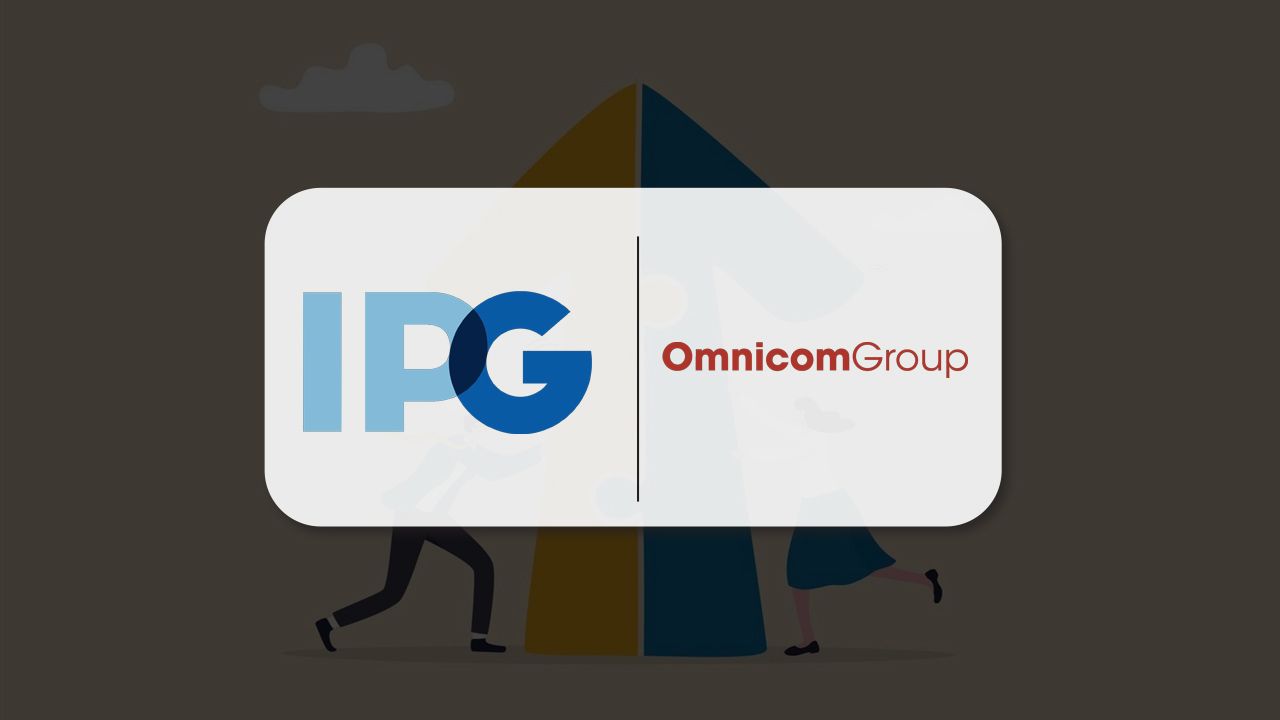FTC approves Omnicom–Interpublic Merger, bars political ad steering

The U.S. Federal Trade Commission (FTC) has conditionally approved Omnicom Group’s $13.5 billion all-stock acquisition of rival advertising giant Interpublic Group, with restrictions aimed at curbing coordination in ad targeting based on political content.
The agreement, announced Monday, permits the merger to proceed on the condition that the combined company does not engage in agreements with third parties to steer advertising spend toward or away from publishers based on political or ideological considerations. The settlement also addresses concerns raised by an ongoing FTC investigation into potential coordination between ad holding companies and media monitoring organisations, some of which have been accused by Elon Musk of enabling advertiser boycotts of platform X (formerly Twitter).
The FTC clarified that individual advertisers will retain the right to choose where their ads are placed. “Today’s settlement does not limit either advertisers’ or marketing companies’ constitutionally protected right to free speech,” said Andrew Ferguson, the FTC’s chairman.
Both Omnicom and Interpublic welcomed the FTC’s decision, calling it an 'important step forward' for the transaction. The companies reiterated their expectation to finalise remaining regulatory approvals and close the deal in the second half of 2025.
Announced in December, the merger would create the world’s largest advertising agency, with the combined entity becoming the top media-buying firm in the U.S., according to the FTC.
Although Ferguson has previously expressed scepticism over behavioural remedies, preferring structural changes such as divestitures, he said the current case warrants an exception. “The history of collusion in the market for media-buying services, and the increased potential for collusion post-merger, make this a rare instance where the imposition of a behavioral remedy is appropriate,” he stated.
As part of the settlement, the new entity will be required to submit related documents and file annual compliance reports with the FTC for the next five years. The proposed settlement remains subject to final approval by the commission, which currently has three Republican commissioners. Two voted in favour of the agreement, while one recused.
The FTC’s move reflects broader efforts by the agency to address concerns over political bias and content moderation practices within the advertising ecosystem, using antitrust enforcement as a regulatory tool.
News